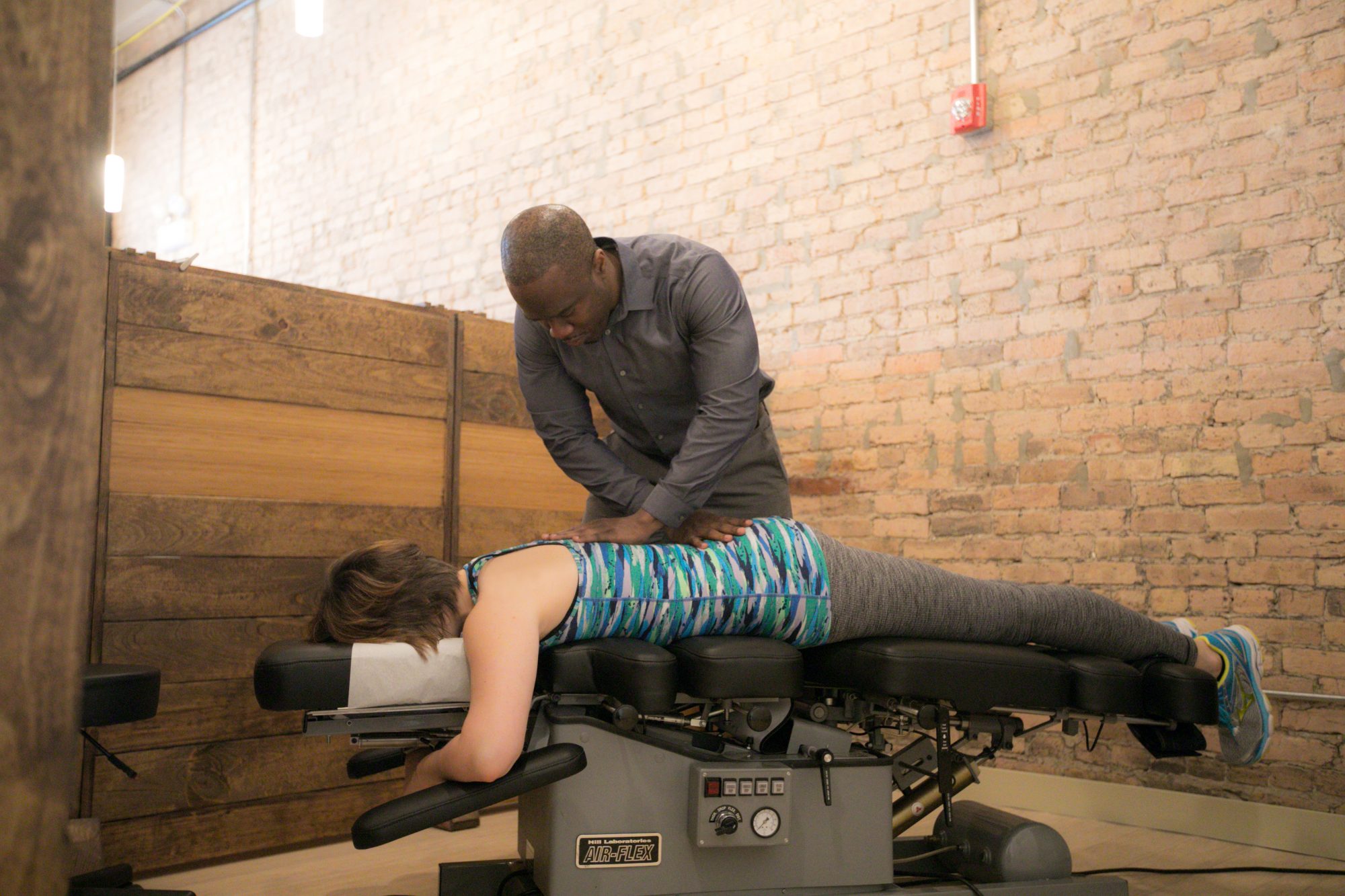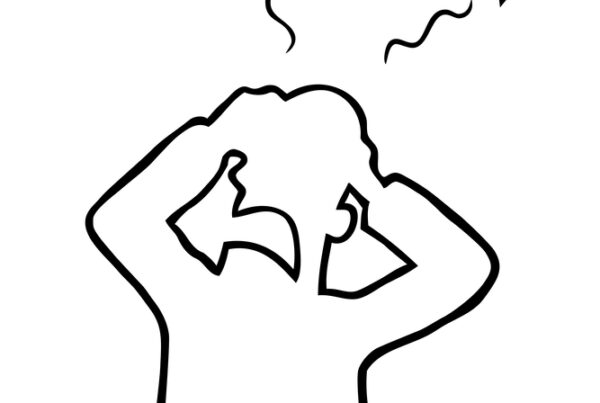Chances are, at some point in your life, you have experienced back pain. You’re not alone: according to Harvard Health Publishing, about 85 percent of people have experienced severe back pain and have sought medical help for it. The cause varies by patient and there is no one clear-cut, catchall cure. Exercises like stretching, using heating pads and taking it easy can certainly help, but if symptoms persist, many people turn to a chiropractor.
The thing about chiropractic care is that there aren’t many studies about its efficacy. Doctors tend to send patients with back pain straight to a physical therapist, while some patients take it upon themselves to try acupuncture or massage therapy. But a lot of questions about chiropractic care remain, like if it should be a recommended treatment for all patients, should it be a secondary treatment option, or if some people are more likely to benefit from chiropractic care than others.
The World Health Organization estimates that in the U.S., low back pain costs about $200 billion, which includes the cost of care and missed work. So, there have to be better, more effective ways to treat patients with lower back pain.
In 2018, JAMA Network Open, a prominent medical journal published by the American Medical Association, published a study that explored the pros and cons of chiropractic care for lower back pain. Researchers studied 750 active-duty military personnel who complained of lower back pain. Half received “normal” care, like medications and physical therapy, and the other half received standard care plus 12 chiropractic treatments. After six weeks, patients who received chiropractic care:
- felt less intense pain
- experienced improved function
- reported higher satisfaction with their treatment
- needed fewer pain medications
About 10 percent of study participants who received chiropractic care reported experiencing adverse effects, like stiffness in the joints or muscles. Only five percent of the study participants receiving standard care reported the same.
“[This study] remains among the most recent and important studies into chiropractic care and its effect, in particular, on low back pain,” explained chiropractor Scott Zack, who practices in suburban Detroit. “Especially in light of the opioid crisis, we desperately need effective, safe and non-drug alternatives to treat pain across the board and, in particular, low back pain.”
So, what’s the bottom line? This study is great news for chiropractors across the country, but the study itself was limited by its length and participant group. In addition, more patients who saw chiropractors reported adverse side effects. But the fact of the matter is, chiropractic care helps many patients, and this study certainly will not be the last of its kind.
“I look forward to further studies,” Dr. Zack said, “including studies featuring those with long-term or long-lasting back pain, older patients, and a mix of pain types, such as pain caused by a pinched nerve, muscle spasms, and so on.”
In the meantime, if chiropractic care works for you, keep on keeping on, with your doctor’s blessing. And if it’s something you’ve been considering, we recommend discussing it with your physician to determine if it’s the right course of treatment for you.
To learn more, or to book an appointment with us, click the button below.
Schedule an Appointment









